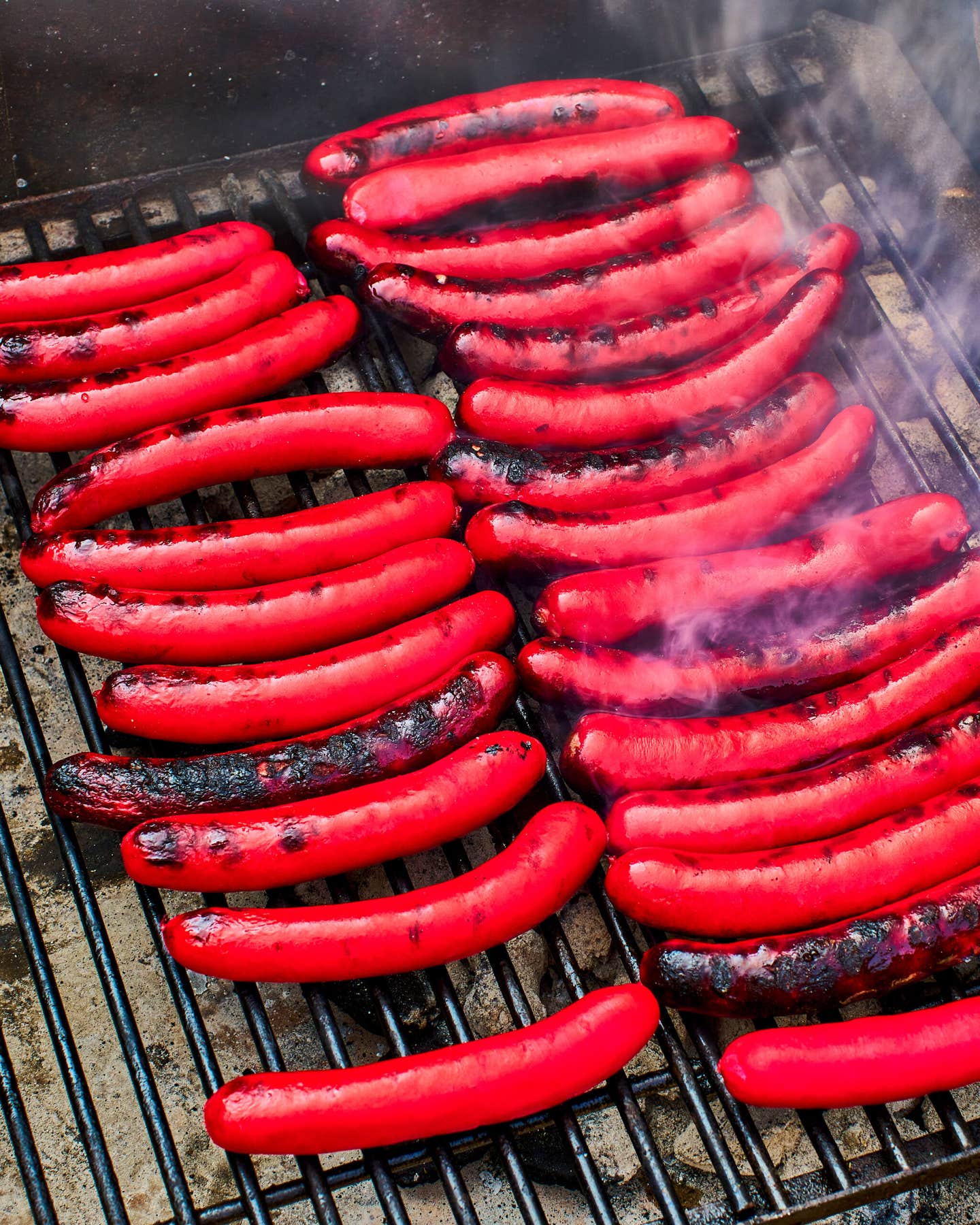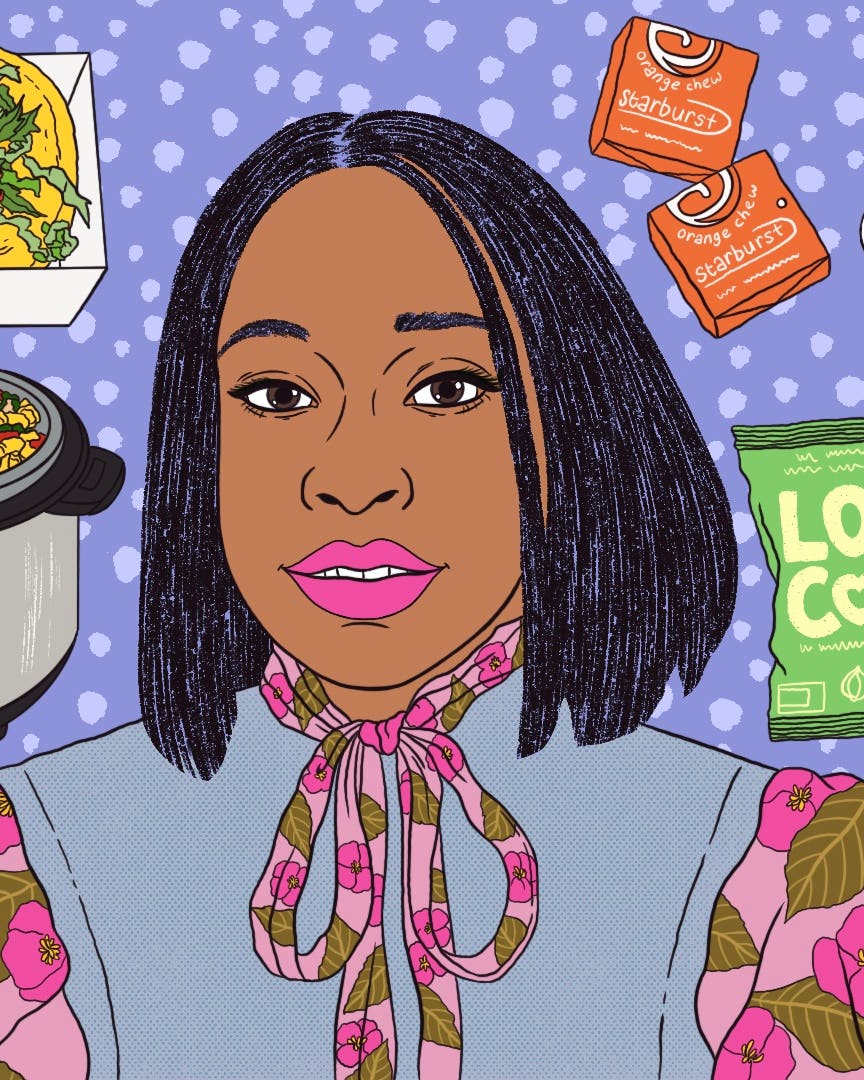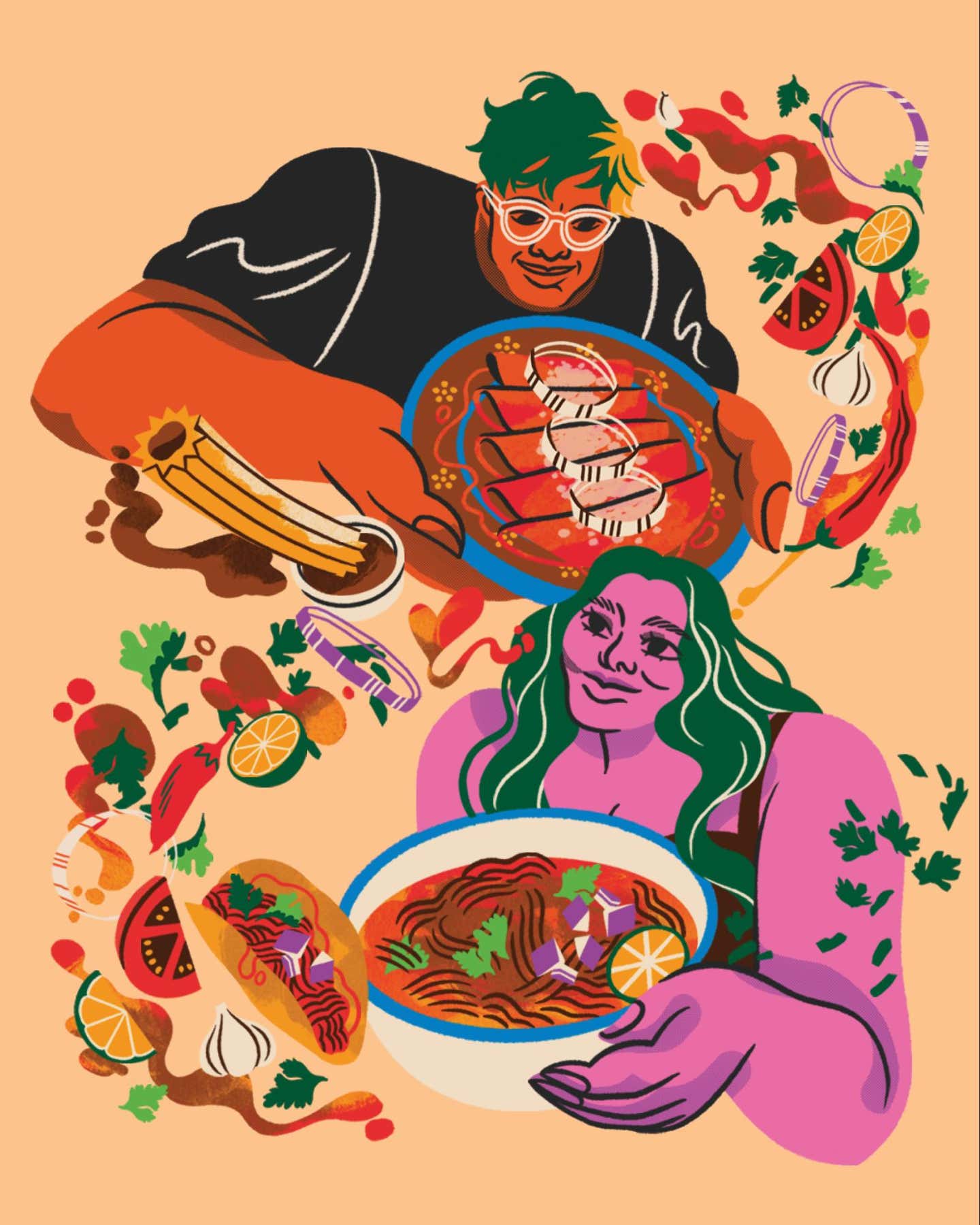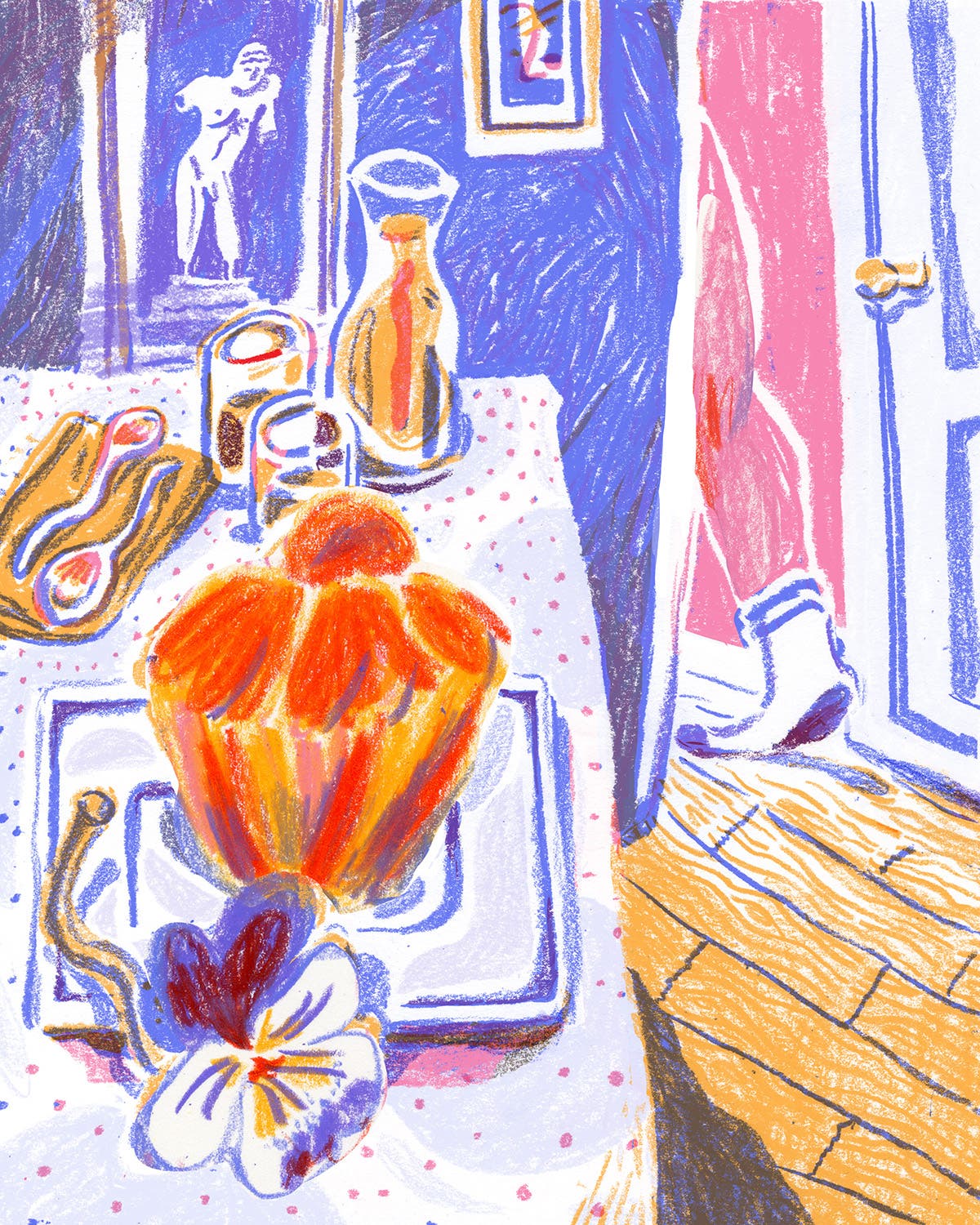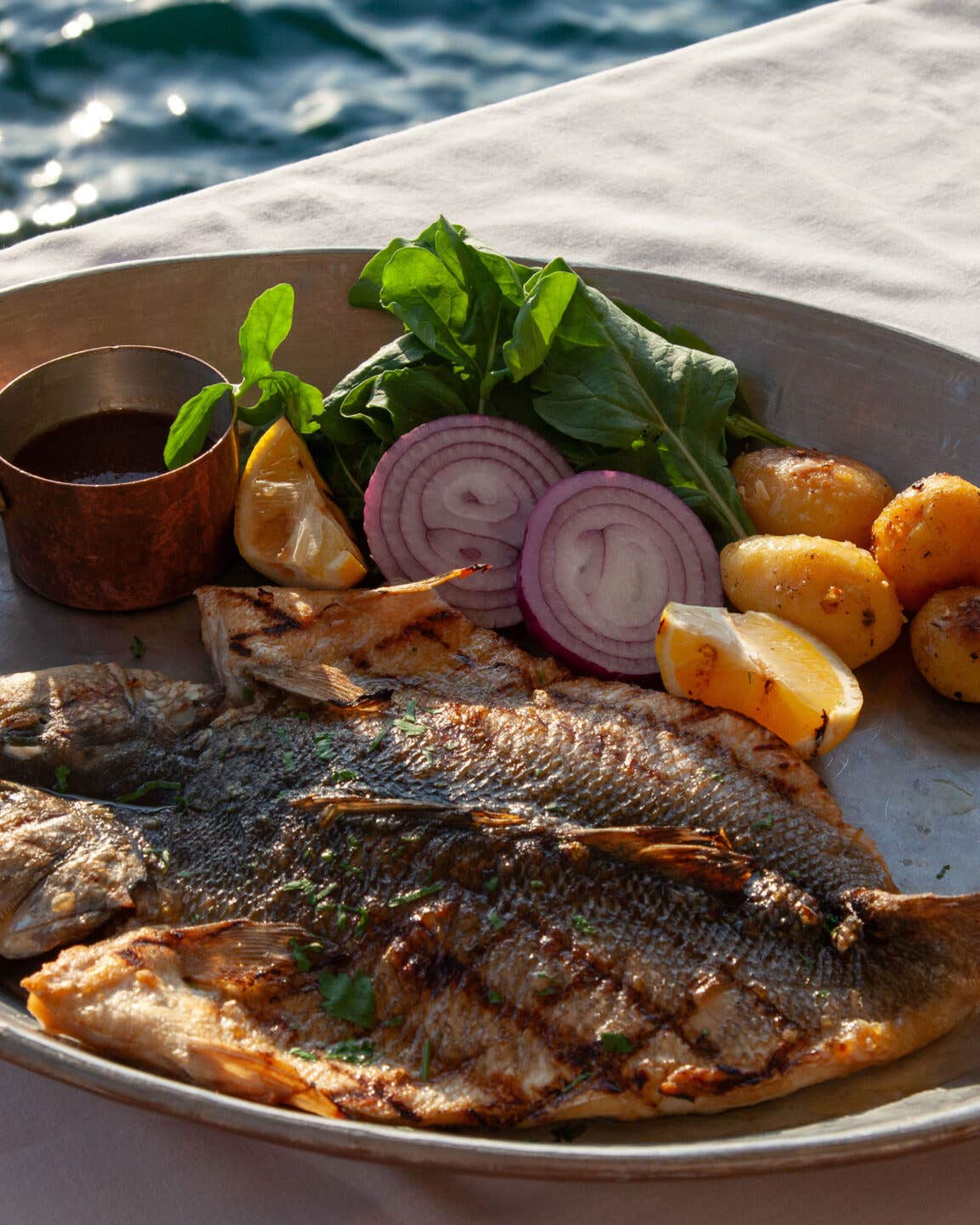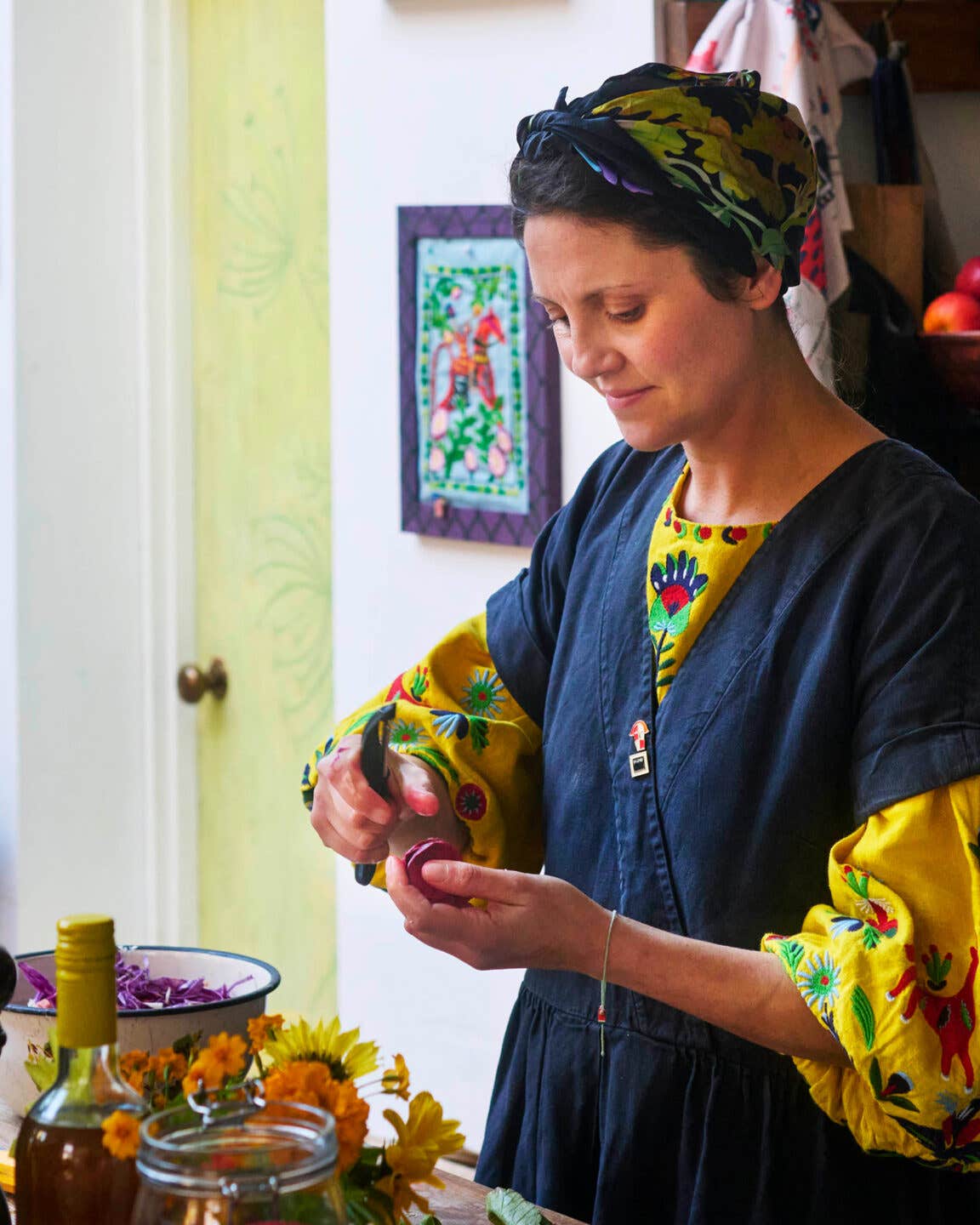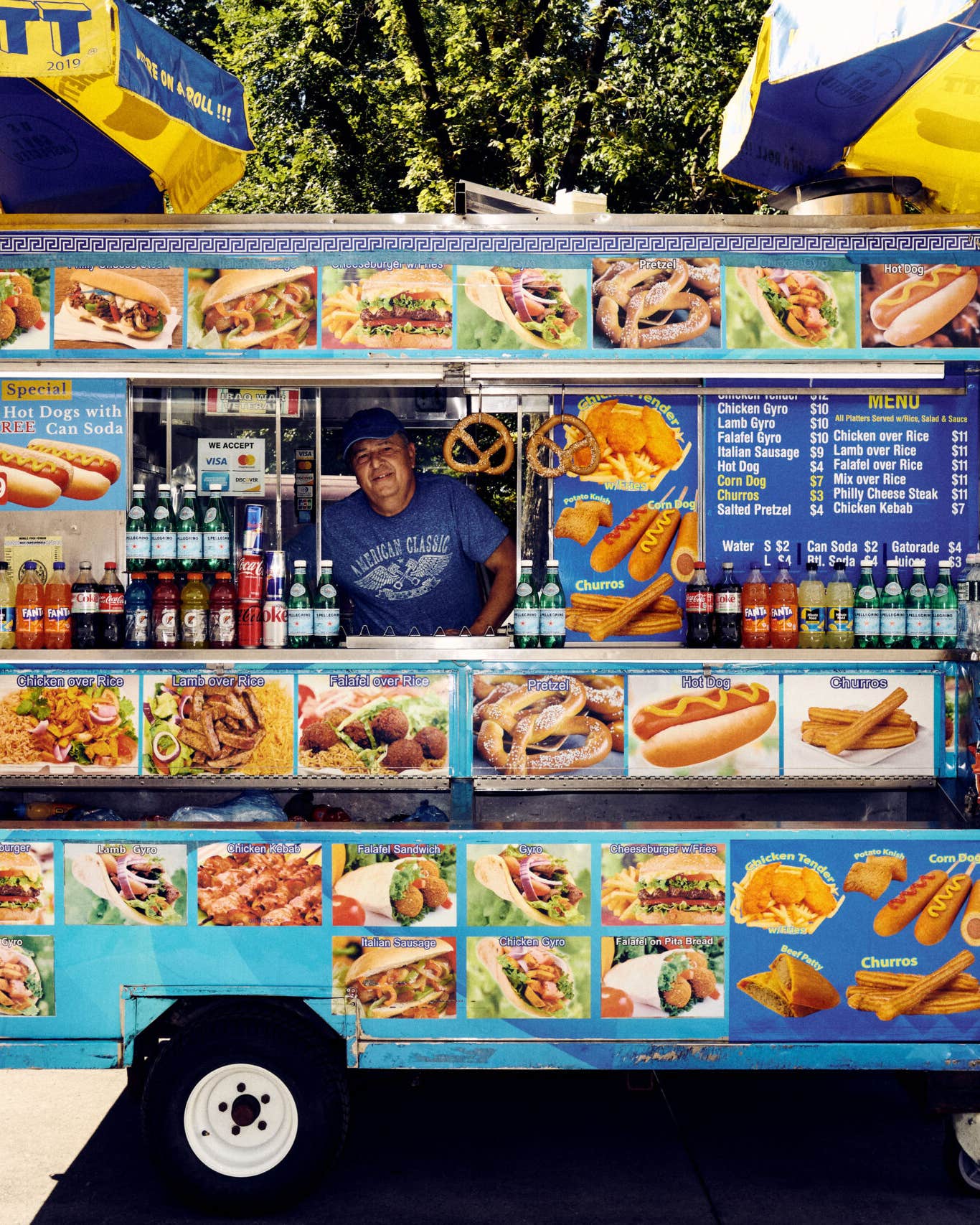
Britain’s Kitchen Diva
When Elizabeth David went to Buckingham Palace in 1976 to receive an O.B.E., it quickly became apparent that the queen had never heard of Britain's most celebrated food writer. What did David do, Her Majesty inquired. "Write cookery books, ma'am," David told her. "How useful!" replied the monarch.
It's not a word I would have chosen. David, who died in 1992, was one of England's great catalysts. The five books she wrote between 1947 and 1960 helped spark a culinary revival in a country recovering from World War II. Food mattered, she declared—as much as literature and music. At a time when many people existed on Spam and powdered eggs, David's message must have sounded revolutionary. Thanks partly to her, food and cooking became respectable again, and not just in Britain; as her epitaph puts it, she "brought joy and enlightenment to food-lovers all over the world."
Two biographies of this remarkable woman have now been published: Lisa Chaney's Elizabeth David _(1998) and the more recent _Writing at the Kitchen Table: The Authorized Biography of Elizabeth David by Artemis Cooper. It is Chaney, with her wealth of detail, who provides the more compelling portrait. That said, both authors reach similar conclusions about their subject, admiring David while agreeing with the graphologist who once described her as taking a lot and giving little. At times generous and funny, she could also be selfish and unforgiving. Although she denied it, she was something of a snob and liked to play the grande dame. And she used people, treating her sister Felicite, who shared a house with her, as a dogsbody. When Felicite was diagnosed as being seriously malnourished, David was appalled—partly because of the impact her sister's illness might have had on her own reputation.
Born on December 26, 1913, David had a bland diet as a child, except on those occasions when the nanny brought in fudge or berries or filched cream from the kitchen and used it to cook wild mushrooms in the nursery. David was the second of four daughters, and their mother evinced little interest in any of them. David's father, whom she loved, died when she was 10. This may explain her ambivalence toward men: for much of her life, David was drawn to the kind of man who was apt to abandon her.
One such was Charles Gibson Cowan, with whom, in 1939, she set sail for the Greek islands in a two-masted yawl. Then the war broke out, and off the coast of Sicily they were taken into custody and arrested on suspicion of being spies. Released 19 days later, they were able to reach Zagreb and then the Greek island of Syros. But when the Germans captured Athens, the pair were on the run again, first to Crete and then to Egypt, where they separated—and where David would ride out the war.
The experience can't have been pleasant, but out of it came the work that would make David a household name. When she returned to England, in 1946, she found the British diet wretched. To buoy her spirits, she set down on paper the meals that she'd eaten abroad, and the recipes for them: "Even to write words like apricot, olives and butter, rice and lemons, oil and almonds, produced assuagement."
When _A Book of Mediterranean Food _was published by John Lehmann in 1950, much of Britain was assuaged as well. The book, which the ever perceptive Chaney describes in Jungian terms as linking food to dreams and memories, became a cultural benchmark. This was no mean achievement, but Cooper, too facile for her own good, makes too much of it. For one thing, it isn't true that everyone in Britain embraced David's message and swore never to look at beans and chips again. And David was no lone voice.
She had antecedents, whom Chaney names in her book: P. Morton Shand, Hilda Leyel, Ambrose Heath, and Marcel Boulestin. Chaney also mentions David's contemporary Jane Grigson, a food writer who fought British puritanism with all the vigor David did and may even have been the better stylist.
David's next four volumes—French Country Cooking _(John Lehmann, 1951), _Italian Food _(Macdonald & Co., 1954), _Summer Cooking _(Museum Press, 1955), and _French Provincial Cooking _(Michael Joseph, 1960)—also became classics. _An Omelette and a Glass of Wine _(Robert Hale Ltd.), a selection of her magazine and newspaper pieces, appeared in 1984. Although the writing that would constitute her legacy was behind her by 1960, David continued to write, waking at five in the morning and setting to work with a cup of instant coffee. (She had a passion for Nescafe.) But her last three decades were difficult ones. Her sister Diana committed suicide in 1971; her mother died in 1973; and Felicite, permanently weakened by her bout with malnutrition, succumbed in 1986. David's own health became precar-ious too. A cerebral hemorrhage in 1963 was followed by a series of hospital stays occasioned by trips and falls and, in two other instances, chest pains and a car accident ("teeth all over the place", she wrote of the latter). Then, in May 1992, she suffered a stroke and died a week later. Writing in the _Guardian, Richard Boston said she had done more to change the lives of the British middle classes "than any poet, novelist, or dramatist of our time".
Cooper, the brisker of the two biographers, does cover the ground, but she rarely delves, and she provides little context. (One imagines her glancing at her watch and thinking, I really must wrap this up.) Chaney is far more the scholar, yet her writing can lack grace. There is much good material in both these volumes, though. Cooper closes with one anecdote I shall long remember. Whenever David went to San Francisco, she stayed with Gerald Asher, a longtime friend. One day he found her sitting in his kitchen, gazing intently at a slab of butter. "How beautiful," she sighed.
Keep Reading
Continue to Next Story

